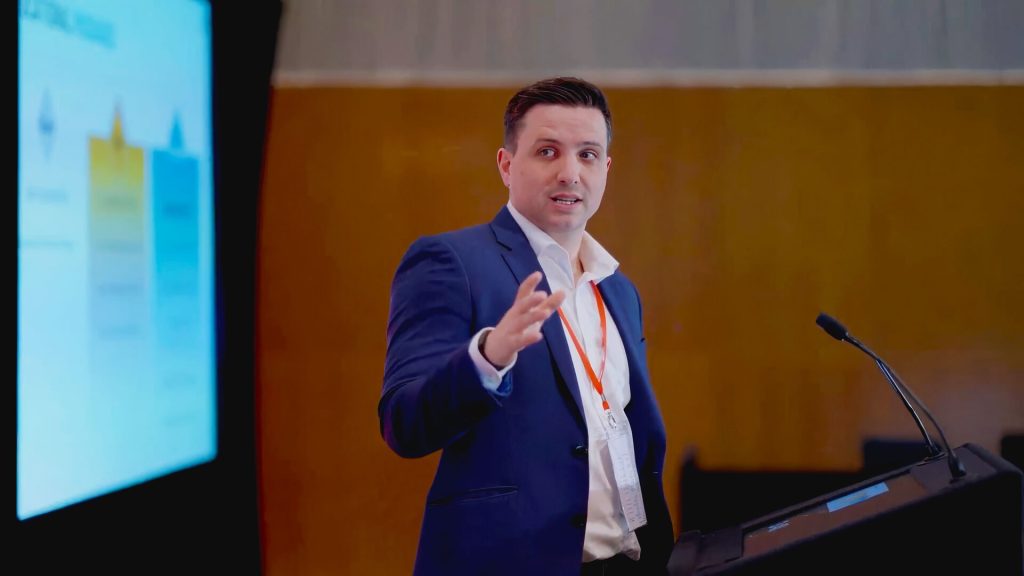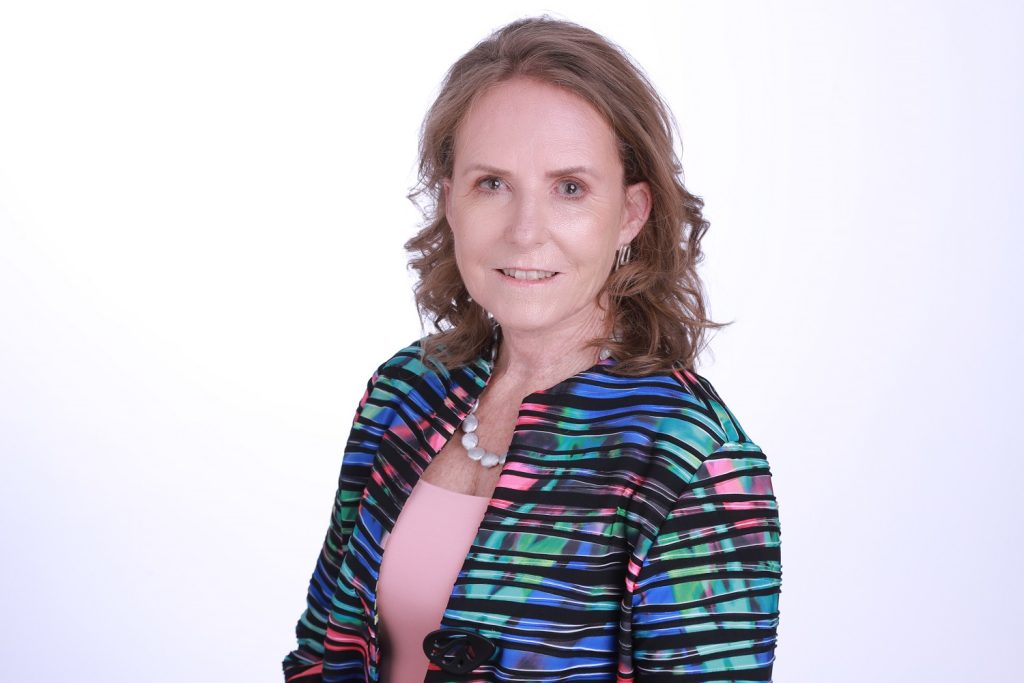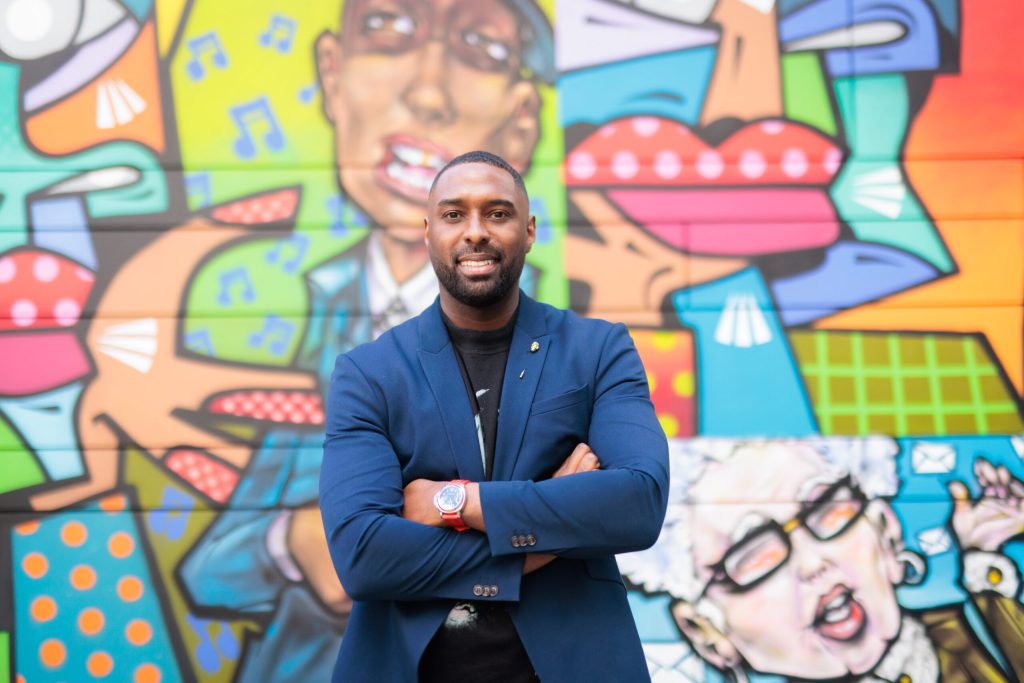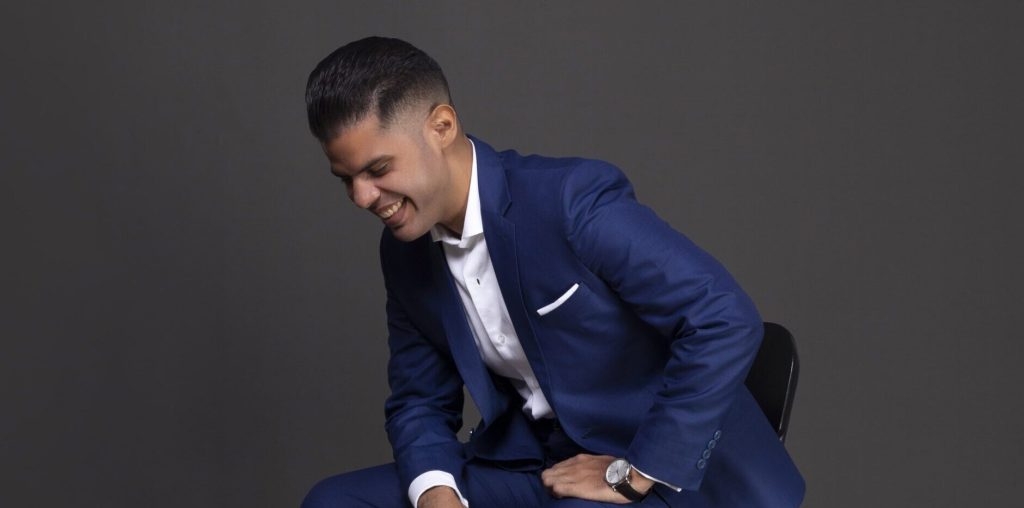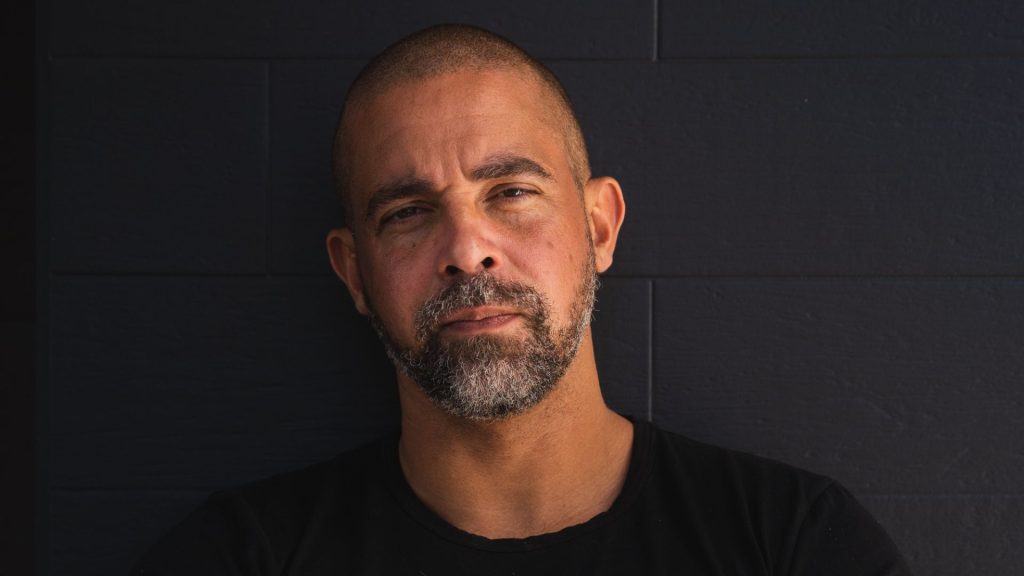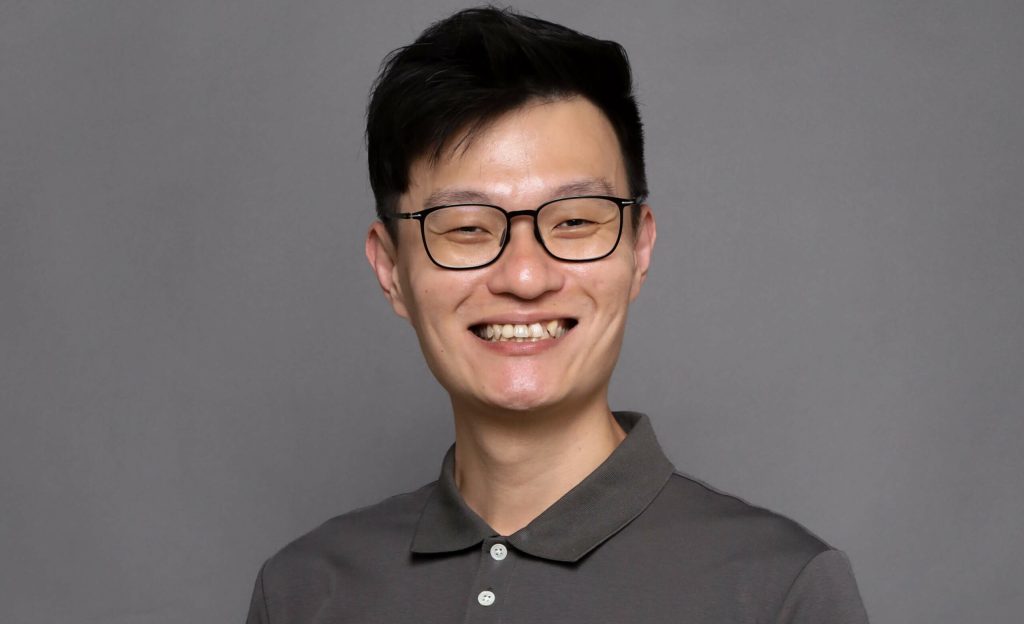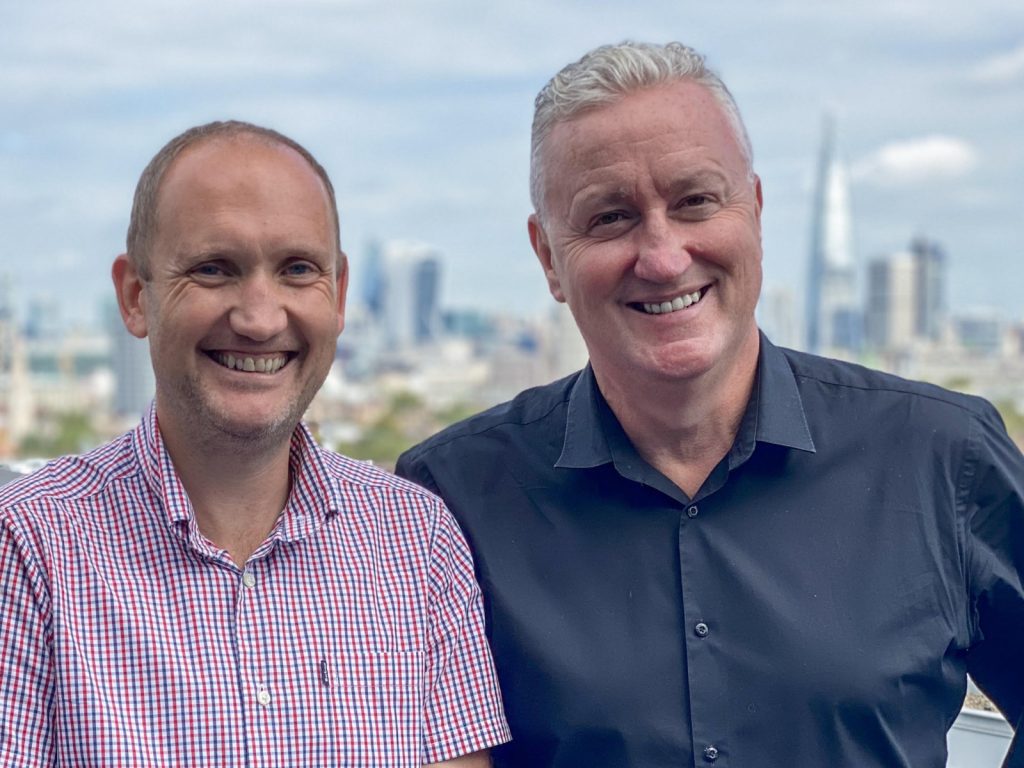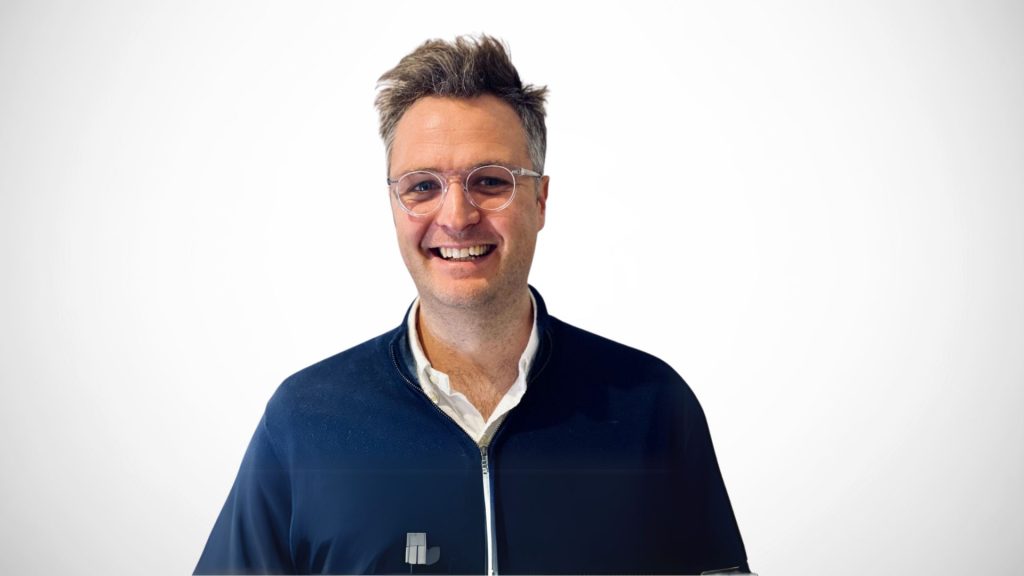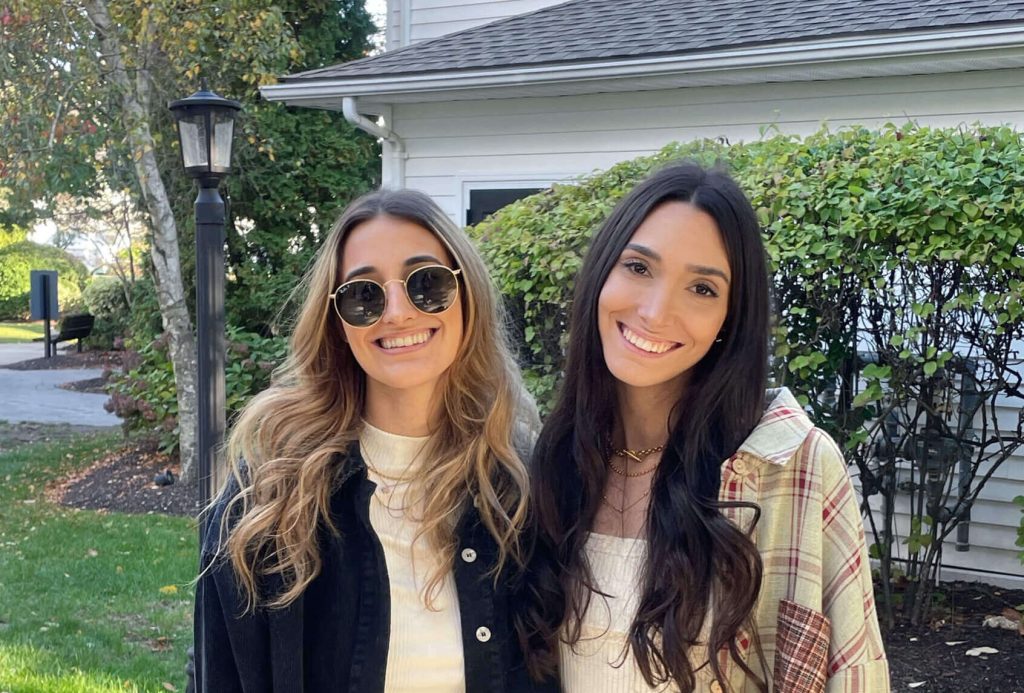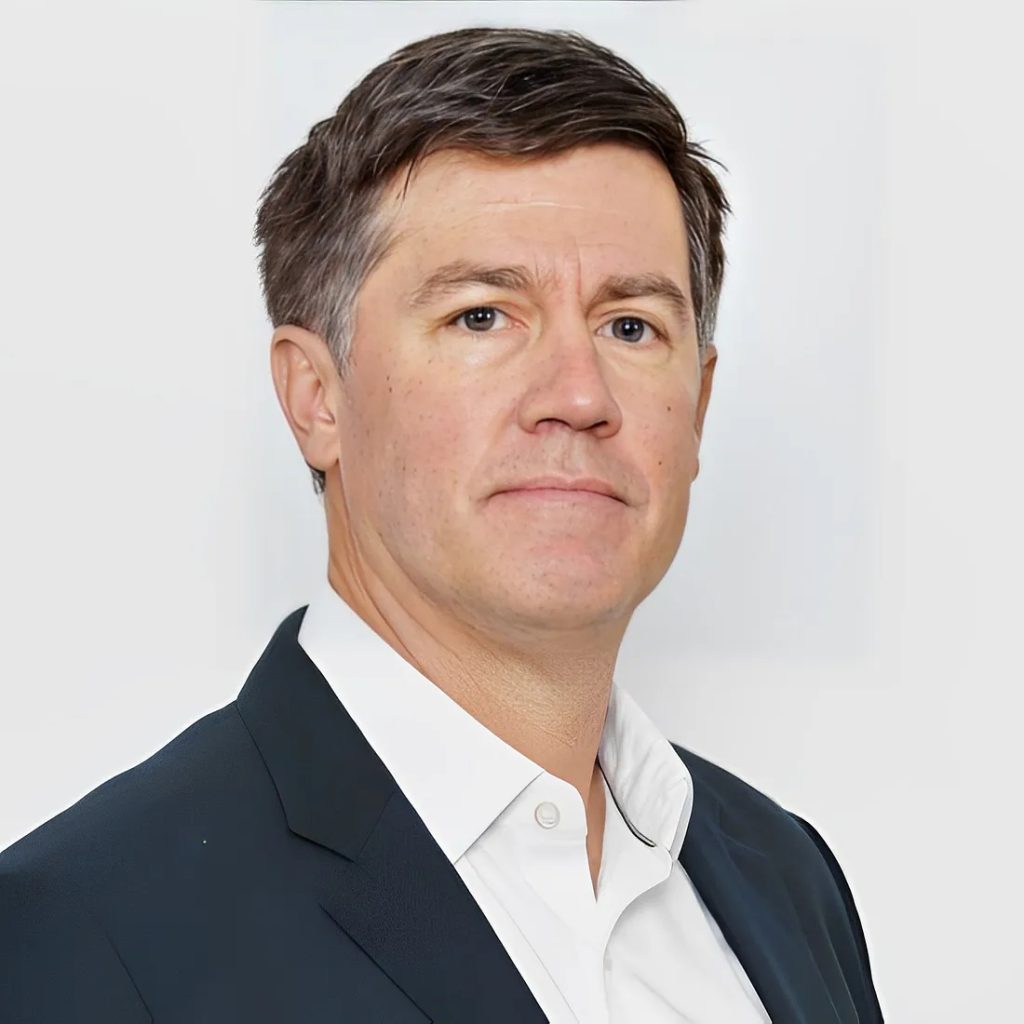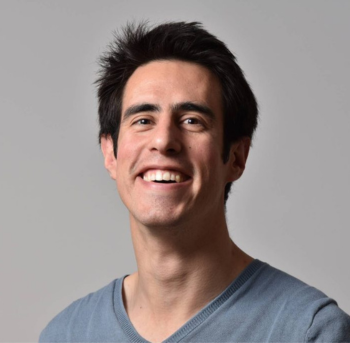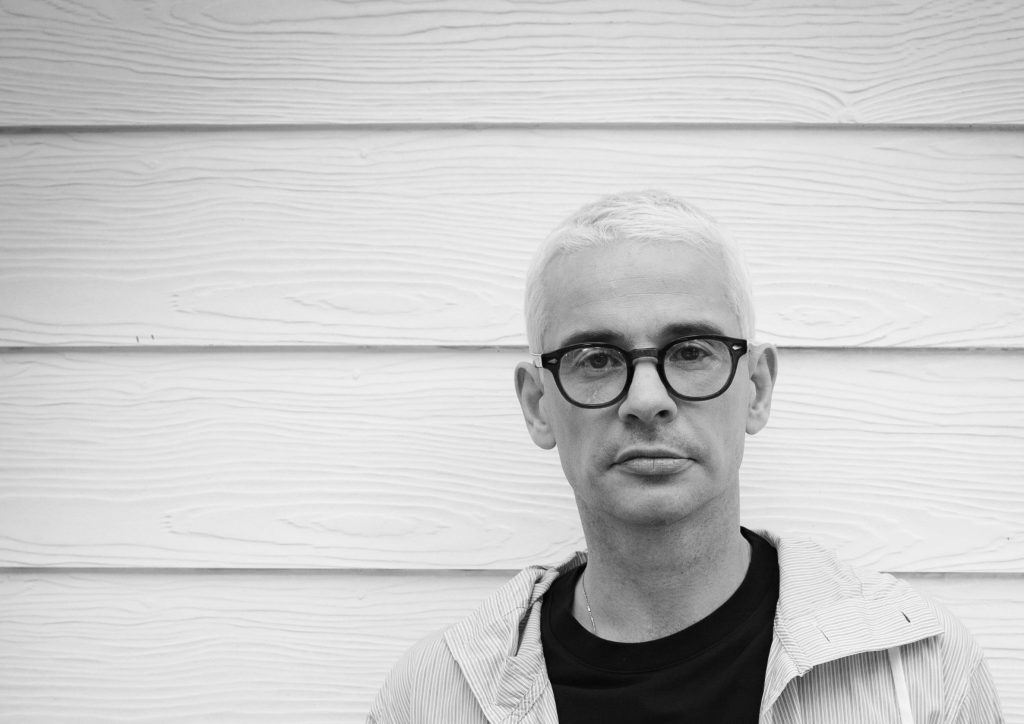
‘Tragedy’s Hidden Power!’ The Unexpected Path to Mental Health Innovation – Robert Common

“Be prepared for sleepless nights. Savour success. Failure is often where the greatest learning is.“ – Robert Common
Today we feature Robert Common, the founder at The Beekeeper House. We hear their story in their own words, their successes, their challenges and their insights.
Let’s start by getting to know you. Can you please tell us a little bit about you and what you do?
My name is Robert, I have worked in the social services and mental health field for twenty years, initially in international development with the UN and other agencies. I am now the founder and CEO of a private mental group of companies that offer services in Asia that work in Thailand and Sri Lanka, with an office opening in London as well, but serves a very international clientele. We have over 120 staff offering groundbreaking and industry-disrupting services. My personal story is one that drove the vision of the company, concerning its ethics and principles and service provision.
How did you start your business?
I had several false starts in business, my first one being when I was 18 years old. However, after switching careers to clinical work and enjoying a successful career for many years, a life-changing moment made me reassess where I was going with my life, whilst working with an international charity my team were killed in a terrible accident. I knew there would be no services to address the survivors or the families who had lost loved ones. I knew I needed to set something up that would be in their memory but also address the very things we had cared about as a team.
Thank you for that insight. So can you tell us? What does your business do and where is your company based?
We are a mental health treatment organisation with sites in Sri Lanka and Thailand.
What’s the story behind your success?
We are one of South East Asia’s leading mental health organisations. The Beekeeper House treats addiction, mental health conditions and other behavioural issues. Founded on principles of compassion, we blend clinical psychology and Eastern philosophy for powerful outcomes for our clients. We treat all our clients as a whole – inclusive of mind, body and spirit.
I know this sounds like a marketing blurb. My aha moment was to deliver on this promise, as opposed to selling it as a product that was not meaningfully implemented. As a trained clinician, I had the background, expertise and passion to drive excellence in what we wanted to do. That meant taking a significant hit on profit margins as we had to “overservice” clients, but that was my gamble. Yes, we make less money, but our patients leave as different and changed people.
It has been a struggle to get where we are today, but our product is so unique that it gained traction and began to attract interest from the industry as we did what we said we would do, which might sound a little eccentric. We have been helped by like-minded individuals who are attracted to the values, principles, and ethics of our company. This is fundamental to what we do in a fairly unregulated industry where several individuals are not operating to the standards they should be. We have now grown to over 120 staff, two sites, and have seen over 700 patients.
How long has your company been operating, and what have been key milestones in its development so far?
We have been operating for seven years; we started with a small outpatient service which then grew into an inpatient treatment centre in Thailand. We then acquired a new centre in Sri Lanka in 2024. We are now in the process of opening an outpatient clinic in London.
Following up on that, can you share any emerging trends or shifts you’re seeing in your industry that others might not be aware of yet?
The world of mental health treatment and rehab generally has a bad reputation, which is sadly well deserved. However, this is beginning to change as new players, such as ourselves, begin to set new standards in a fairly unregulated system. These changes are well overdue and much needed.
We are also inherently different in our approach, our programme treats the whole of body and mind, based on the groundbreaking work of Bessel van der Kolk and Gabor Mate. We practically apply this in all our work, and others are beginning to pay attention to the incredible outcomes we get for patients.
We know that there are ups and downs in business. What’s been your biggest lesson so far?
Too many to count, my board has told me to write another book entitled “How not to open a Rehab” – we have faced many dark moments where we honestly didn’t think we would survive. Our model and our approach to what we do are fundamentally different to other treatment centres; we had to stick to our proverbial guns and believe in what we were doing the value it would create, and the change it would affect with our patients.
We were agile though, we took an aggressive marketing approach and targeted individuals in the mental health sector by flying them over to see us and this acted as a lightning rod moment. We saw referrals coming in.
That’s insightful. How has that lesson influenced your approach to decision-making, especially when faced with uncertainty?
Focus on those who can generate business for you, diversify that cohort and then find a way to tie them into the success of your business. Be highly selective in this decision-making process and highly targeted. My approach is to always look at the horizon and the complex variables that can or might impact the business. We take a fairly risk-based view and assume the worst could happen from a risk perspective. That approach stems from a background in social work, which is very orientated towards risk assessment.
If you were to go back in time, what piece of advice would you give to your younger self?
Given your experience, what do you see as the biggest opportunities and challenges for companies in your sector right now?
The opportunity for ongoing expansion and market disruption is there for the taking, it requires bold action and passionate commitment to outcomes for patients; however, this ambition is tempered by industry dynamics where venture capitalists are moving into the sector aggressively, which could impact outcomes for clients.
How has this lesson influenced your decision-making, especially in uncertain situations?
This lesson has shaped how we navigate uncertainty, teaching us to embrace long-term thinking while applying structured risk management. It has made us disciplined in re-evaluating strategies to align with shifting market conditions. Every decision is grounded in data and customer feedback, ensuring that we stay adaptable and focused on what matters most.
We’re nearly halfway through our interview so it’s a great time to ask how does your business run. What three tools make your business run better?
We use our own bespoke app for patient monitoring called MyBeekeeper, which has been revolutionary. We then also have to use medical HIPAA-compliant applications as well such as EMR systems.
How do you see technology changing your industry in the next 3-5 years?
The role of AI in EMRs and in mental health could be extraordinary.
What has been your greatest or proudest achievement or moment?
Talking to a patient who had been with us for three months, over an early morning coffee and she told me for the first time in her life she wanted to be alive.
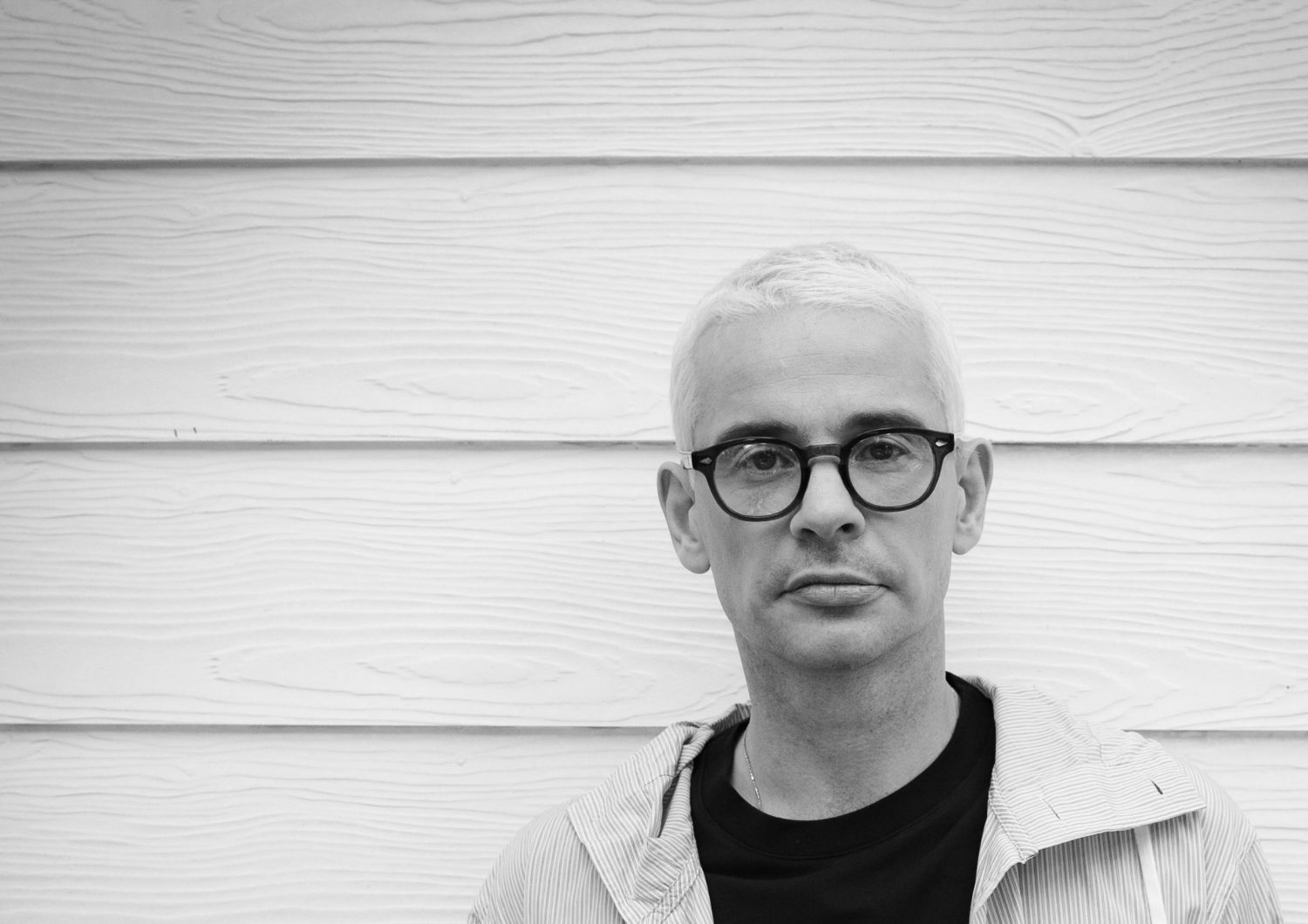
Beyond this achievement, how do you measure success in your business beyond traditional metrics?
We use a battery of psychometrics to track client wellbeing. The best one? Randomly select a patient you know and give them a call and check in with them. They love it, and you hear great things.
What do you know now that you wished you had known before?
Be very careful about who you trust really trust when you enjoy success but thrive on the trust you build with great people as part of success. I trusted too quickly.
Based on what you’ve learned, what are some common pitfalls you’ve observed other companies in your space fall into?
They underestimate the amount of work involved, and the risk management side of the business.
What future life goals do you want to achieve and why?
Spend more time with my dogs, and family and make sure my son doesn’t beat me in skiing. Yet. In all seriousness I want the Beekeeper to grow and have a centre in the Middle East, a drastically underserved market.
As you work towards these goals, what potential disruptors do you see on the horizon for your industry?
The roles of VCs cannot be underestimated. For us, we know what we do and embrace technology as it comes onto our radar, we embrace it. VR is interesting, AI is unknown for now, and mental health technology is evolving fast so the next few years will be critical.
To finish our inspire questions…”We believe that sharing inspiring words can inspire others.” What advice would you give to another founder or someone thinking about starting a business, and why?
Be prepared for sleepless nights. Savour success. Failure is often where the greatest learning is.
“Thank you it has been great learning more about your founder story and The Beekeeper House.”
To learn more about The Beekeeper House visit: The Beekeeper House.


